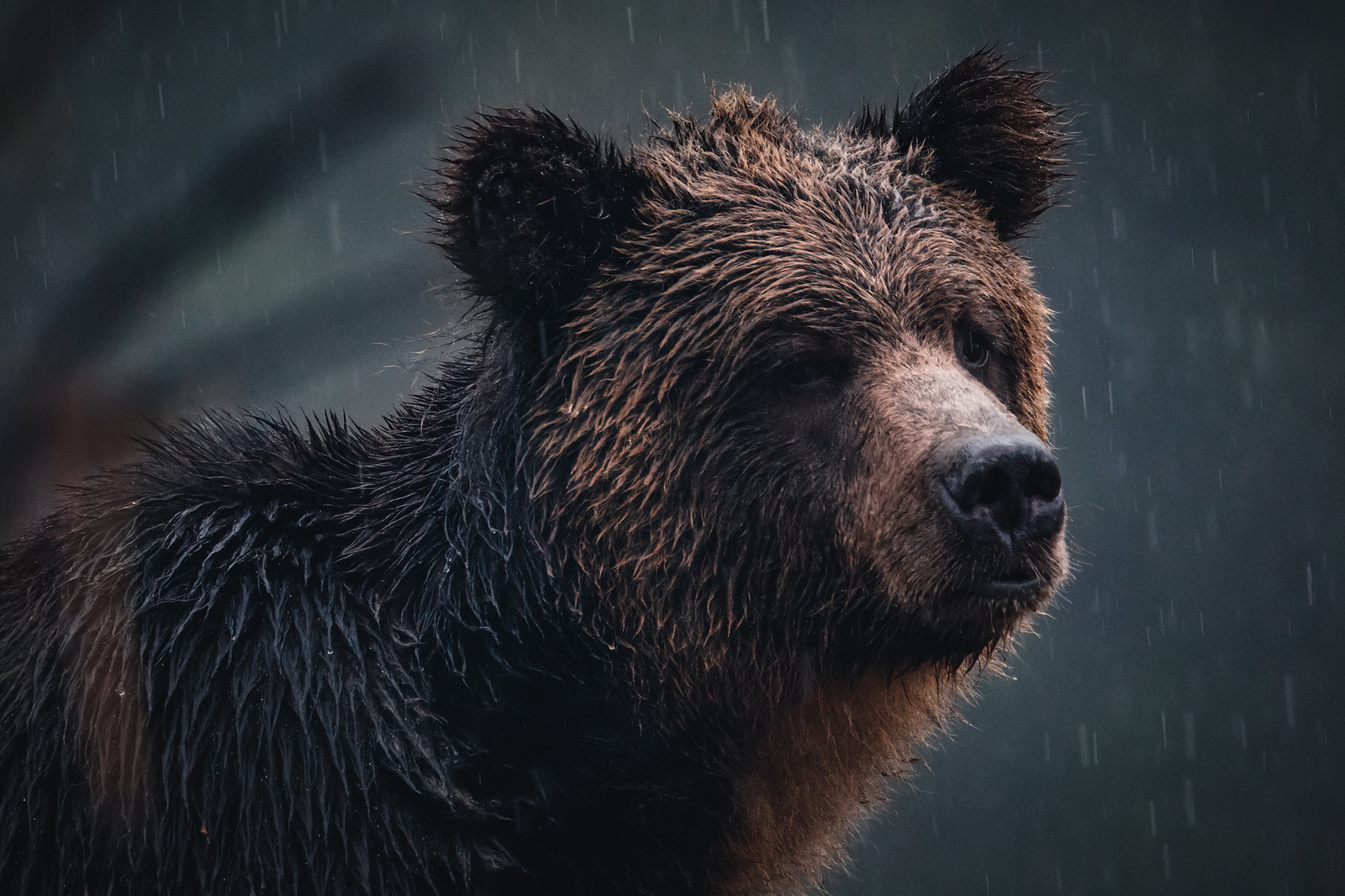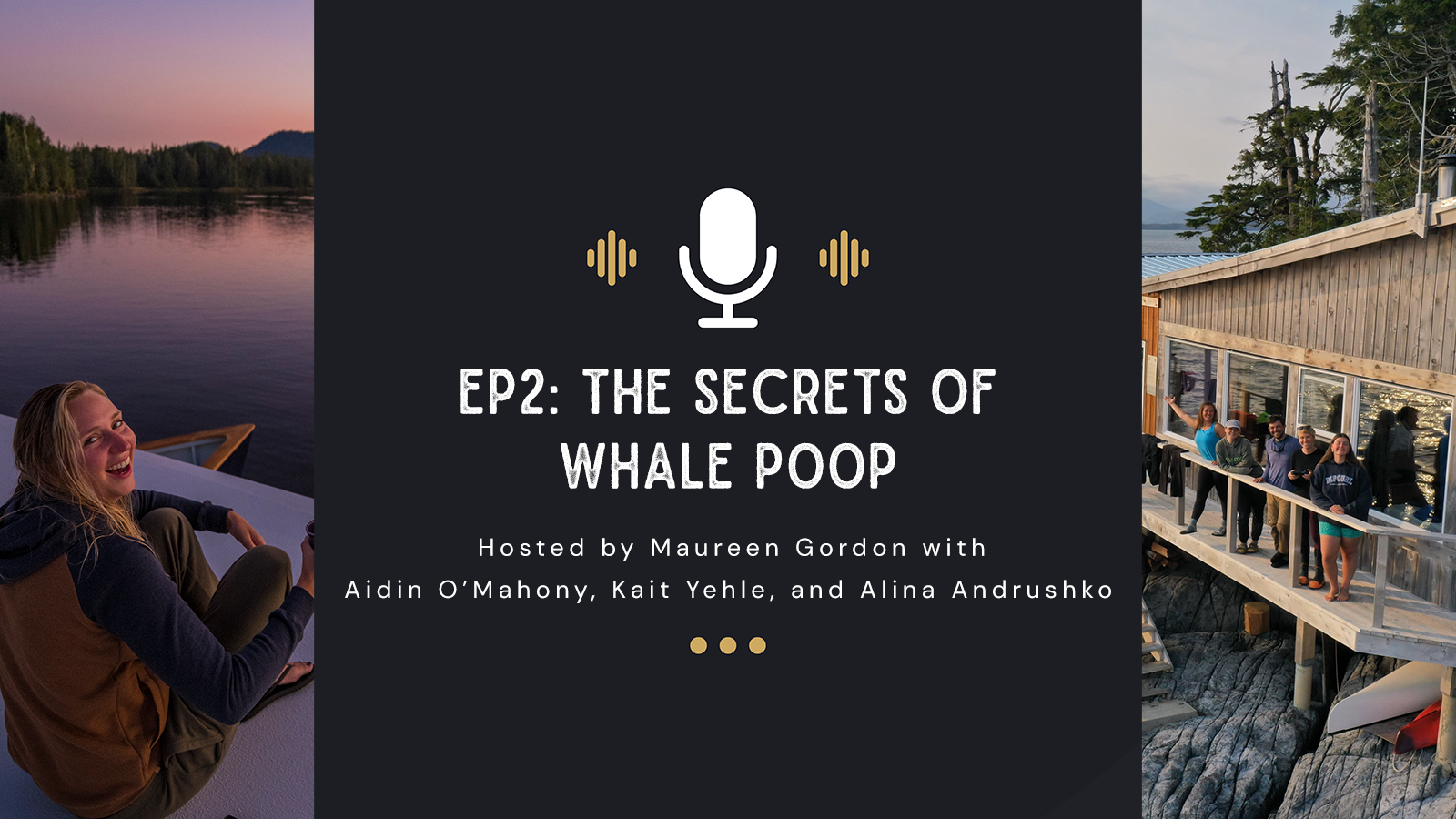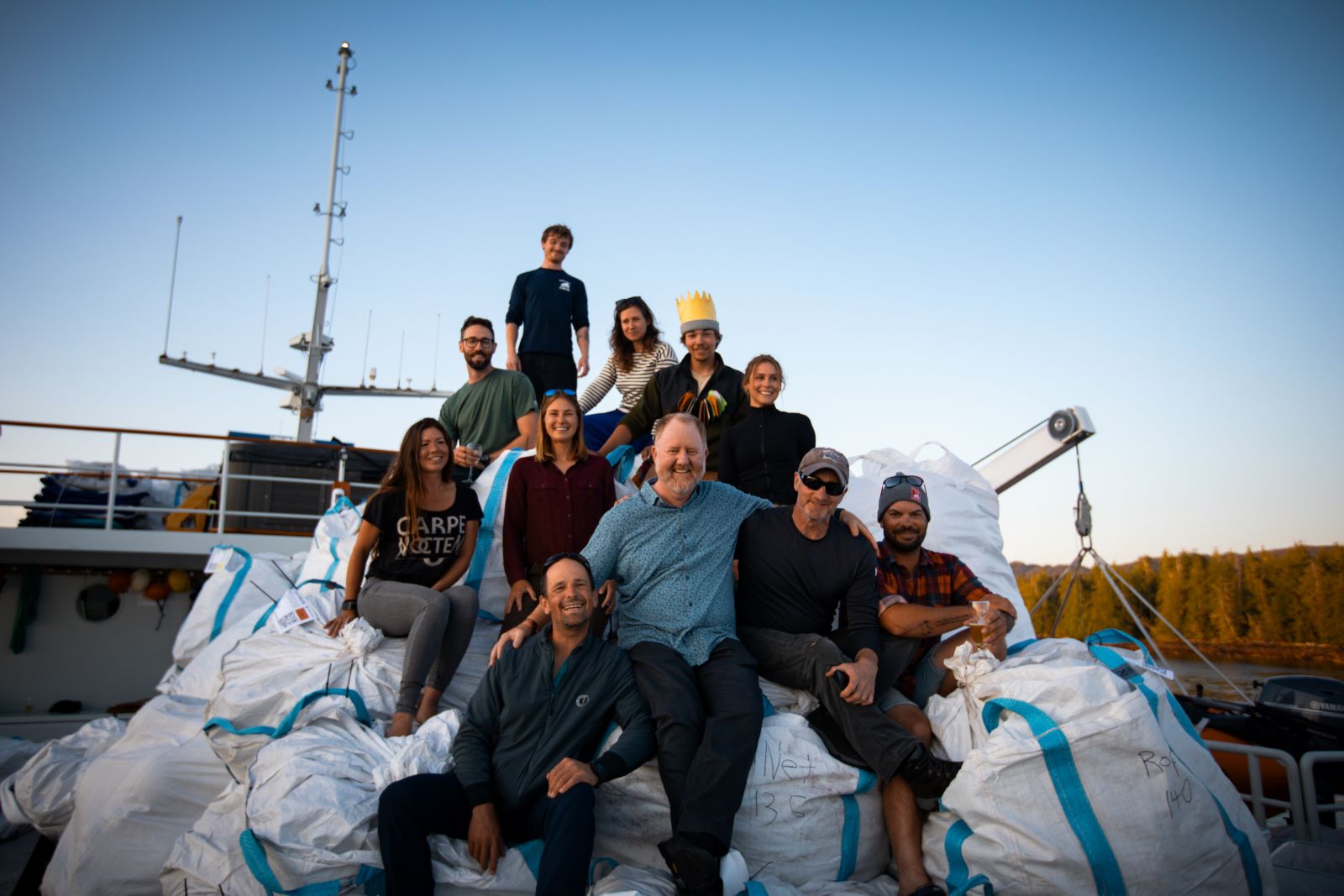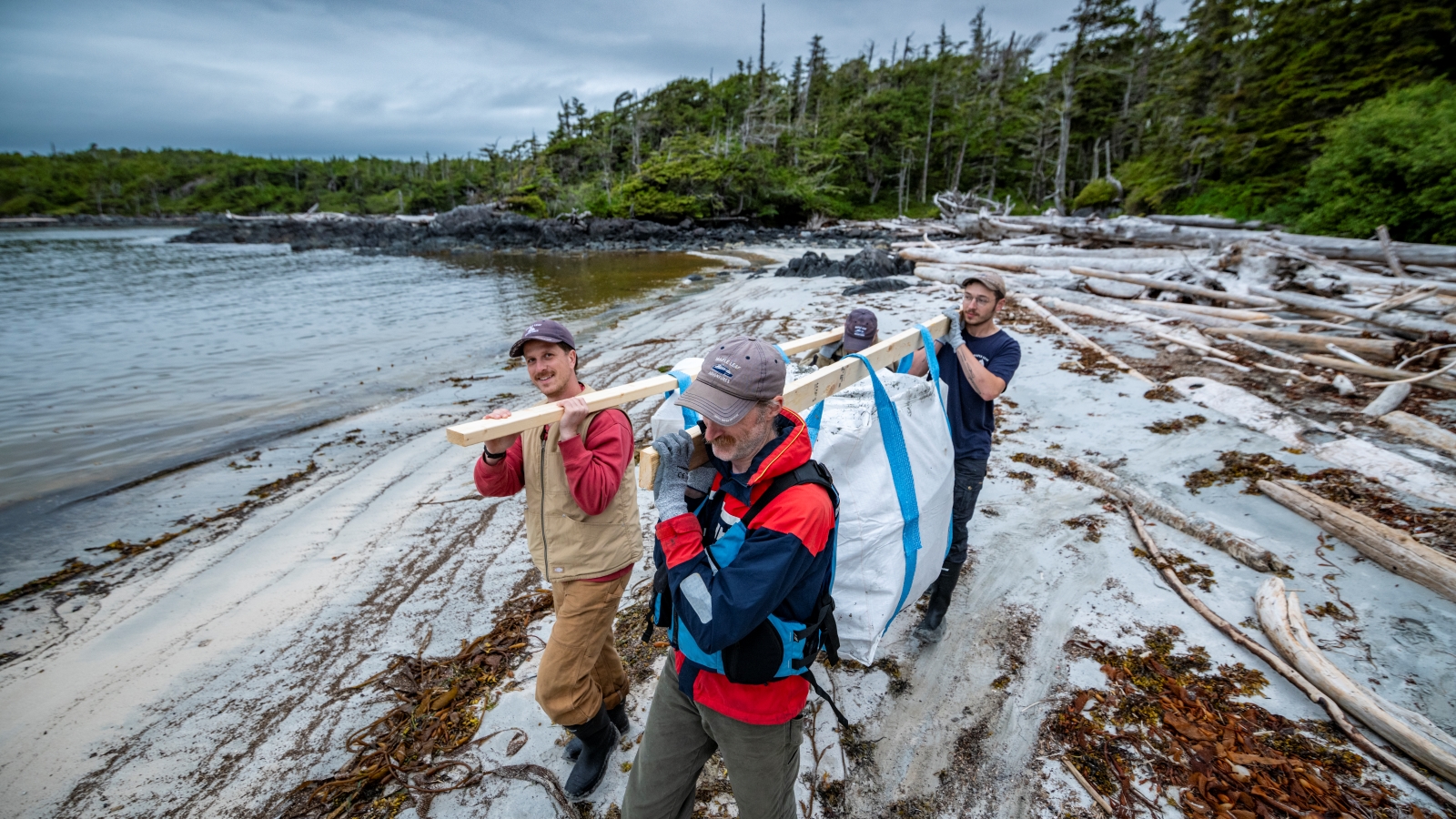On top of sharing BC and Alaska’s beautiful coast with guests, something that leaves us incredibly satisfied is the conservation work these trips help fund here.
While our primary purpose is to provide guests with exceptional trips that celebrate the rich natural and cultural history of BC and Alaska, our mission is to create a company where success for us is also success for our ecosystems and coastal communities. One way we do this is through annual conservation donations.
Maple Leaf Adventures is proud to be a member of 1% For The Planet. While giving back has always been the company’s practice, we were inspired to join 1% For The Planet in 2008 because it ensures transparency: 1% For The Planet audits our donations to be sure we really do what we say we do.
With that said, we thought our community might be interested in the work by the organizations we support.

Raincoast Conservation Foundation
Key Projects:
Our donation to the Salmon Carnivore program, which examines the relationship between salmon and bears, helps pay field crew members from Indigenous communities in the Great Bear Rainforest, a graduate student scientist, and community outreach and engagement.
We donate to Raincoast’s campaign to purchase commercial trophy hunting rights, ending the sport hunt of wildlife such as bears and wolves. This supports the new economy of ecotourism, and also is one small part of respecting the autonomy of First Nations communities whose territories these tenures are within.
Relationship to Our Trips:
The trophy hunt tenure acquisition safeguards wildlife and their ecosystems, that our guests explore. The research and relationships become part of our guests’ experience. For example, one recent part of the study found that the spatial areas of three genetic groups of grizzly bears on the central coast align strikingly well with the geographies of three Indigenous language families.
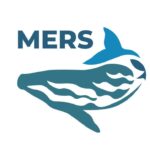
Marine Education and Research Society
Key Projects:
Documenting and understanding the increased number of humpback whales on BC’s coast. Includes coordinating the Canadian Pacific Humpback Collaborative and educating to reduce threats to whales, and boaters.
Relationship to Our Trips:
MERS’ catalogue helps us and our guests identify individuals we see. Their research on the population structure, habitat use, and threats provides insight into the comeback of these animals to our coastal ecosystem. Recent learnings include documenting the unique ‘trap feeding’ behaviour of some whales and that approx. 50% of humpback whales that feed off the BC coast have scars from entanglement in fishing gear.
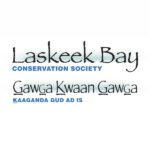 Laskeek Bay Conservation Society
Laskeek Bay Conservation Society
Key Projects:
A 32-year-long seabird research project in Canada – one of the longest running.
Relationship to Our Trips:
Seabirds are a very visible part of the marine ecosystem around Haida Gwaii, and our companions on the water. The long-running baseline data that this project generates allows guests to understand the status of species on Haida Gwaii, and the wondrous life of seabirds – and the marine ecosystem – in general.
Cetus
Key Projects:
Protection of BC’s killer whales from disturbance from vessels. Projects include on-the-water monitoring in the Salish Sea and Broughton Archipelago.
Relationship Our Trips:
A charismatic species with a fascinating social order, the killer whale is a beloved and iconic being with whom we share our coastal home. Not only does Cetus’ work help their survival prospects, the knowledge of their work inspires our guests.
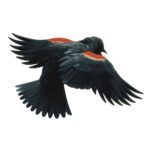
Robert Bateman Foundation
Key Projects:
School and other public programs to foster mutually beneficial relationships between humans and our environment. We particularly value the school and nature sketch programs, that engage children with the natural world.
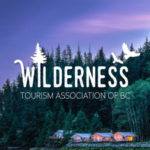
Wilderness Tourism Association of BC
Key Projects:
WTA improves communication between nature-based tourism operators, governments and other industry sectors regarding nature conservation and access to nature-based tourism opportunities.
Relationship to Our Trips:
The WTA’s work makes conservation-based, nature tourism possible, by helping us discuss large land-use issues – such as the value of wild salmon and old growth – with policymakers whose decisions affect the place we operate in, and our ability to operate.
In closing, conservation donations are one part of how a regenerative travel company like ours creates a symbiotic relationship with its natural and cultural environment. For information on the other pieces of this pie, visit here. For more information on the 1% For The Planet program, you can visit their website here.
